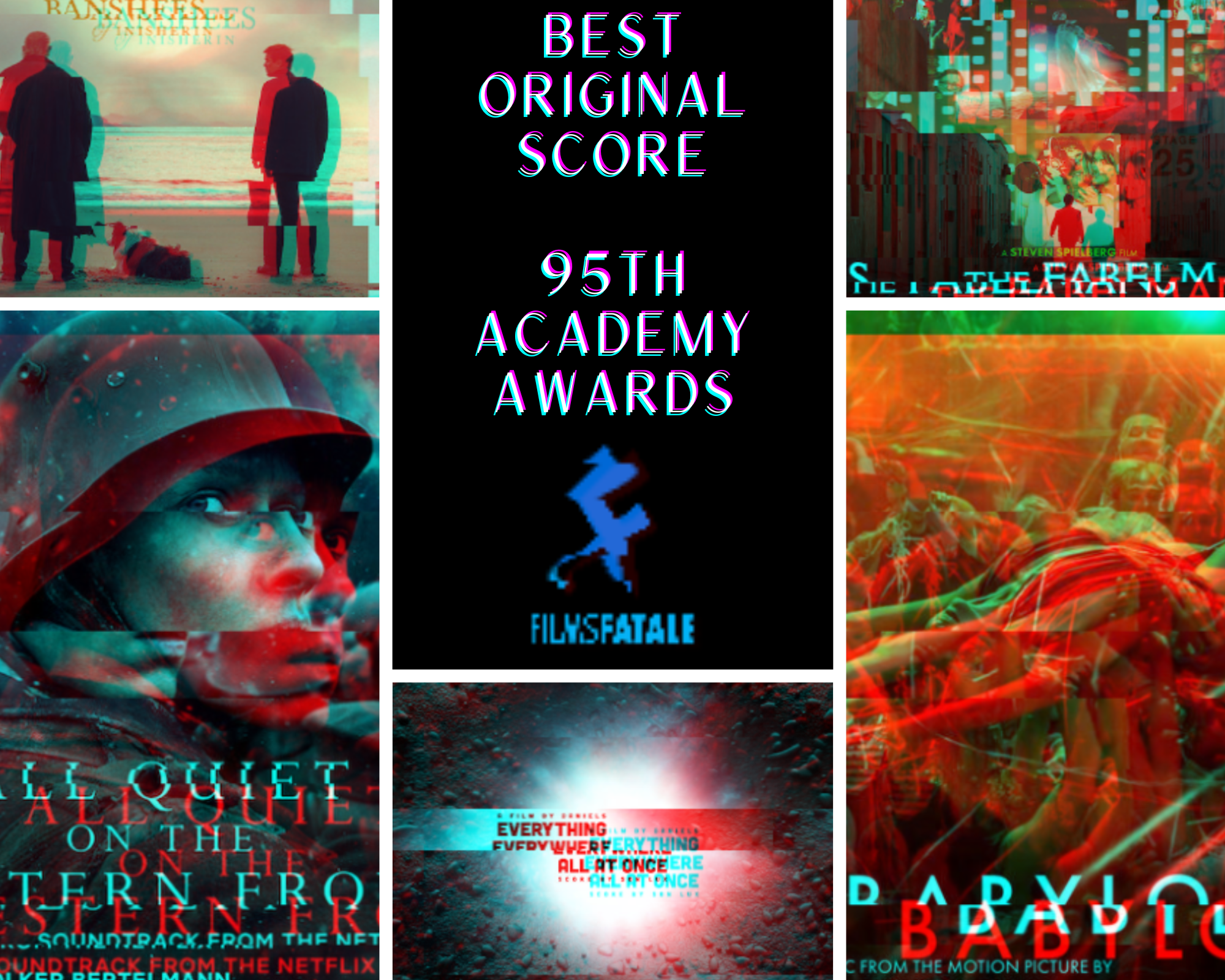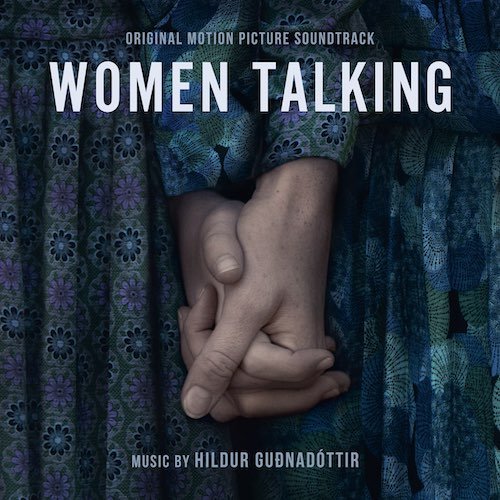Best Original Score: Ranking Every Oscar Nominee
Written by Andreas Babiolakis
We are now in the two musical categories of the Academy Awards: the one I don’t usually care for (Best Original Song, which I consider the weakest category of them all: more on that tomorrow) and the one I love a lot. Best Original Score is the kind of category that people recognize is important, given how long after one sees a film a great series of compositions can sit with them. When a film resonates, its music lingers for just as long. I find that the strongest parts of my memories surrounding films I connect with — particularly when I can’t recall exact dialogue and cuts — are the melodies that underly these effective scenes. I find myself listening to my favourite scores again and again, and the best ones usually have their own lives outside of the films they have breathed life into. This year, the Academy has selected five good-to-great nominees. While I still feel like there is room for an even stronger batch of candidates, I can’t complain with what we did get. Here are your nominees.
Biggest Snub: Women Talking-Hildur Guðnadóttir
Icelandic titan Hildur Guðnadóttir could have been a two-time nominee this year (for Tár also). Instead, she earned a whopping zero nominations for a year she kicked ass in. I’m sticking with her Women Talking score for this snub: while Tár had Guðnadóttir creating the brilliant catalogue of a master composer and making this ethos believable (a huge task in its own right), her work in the Sarah Polley picture is flat out some of the most beautiful and effective music I heard in any film of 2022. I’m happy that she’s getting recognition and work after her monumental Joker win, but her absence from this category this year is deafening.
5. The Fabelmans-John Williams
I know I’ve ragged on John Williams before, but he truly is a legend responsible for some of the greatest scores of all time. Furthermore, he was the bridge between the scores of the Golden Age of Hollywood and what would transpire afterward. Having said that, his music in The Fabelmans is another day in the office for him: whimsical, inspiring music with the occasional emotional cues that work every single time. Is this really one of the best scores of the year? Maybe in a top ten list, but not when limited down to five. Williams will always get by on recognition alone, and I do like the score for The Fabelmans, but I feel like this is the Academy doing its due diligence by nominating the same few people every single time they do something. Good score, but I feel like there are quite a few others that could have been here instead.
4. The Banshees of Inisherin-Carter Burwell
Carter Burwell’s score for The Banshees of Inisherin feels like the voice of the fictional, titular island: a wailing perspective from the great beyond that is looking at what is transpiring and disrupting a seemingly peaceful land. This apparition’s heart bleeds for togetherness while a town falls apart. While the film juggles comedy, tragedy, and the ugliness in between, this score is quite stunning and paints a loving portrait of a motherland: the siren that keeps these lost and tortured souls together. This score may not stand out the most amongst these peers, but I certainly don’t mind it getting a nomination here because of how much like its own character it feels.
3. Everything Everywhere All at Once-Son Lux
To match a film that takes on a myriad of identities and structures, a score that doesn’t settle was needed. There are traditional elements, digital gestations, and so many unorthodox noises that clash together to make one cohesive symphony that one would experience when being blasted between universes. I don’t know if I love the score as much as some fans do, but I can recognize its refreshing nature. I love how adventurous some compositions get in the twenty first century, and this fixation on pleasing the ways of old isn’t a necessity anymore. There isn’t simulated wonder: the actual adventure is actually within the music itself here. It’s quite a trip.
Cameron Geiser’s review of Everything Everywhere All at Once
2. All Quiet on the Western Front-Volker Bertelmann
Volker Bertelmann’s score here is indicative of what we’ve heard again and again post Hans Zimmer’s Inception score during the 2010s. It is tense and full of dynamics that will keep you on the edge of your seat. Having said that, that doesn’t mean that it is derivative. If anything, this music is actually quite noteworthy, as I truly felt like a bulk of All Quiet on the Western Front’s most impactful moments stemmed from the strength of this score that elevated everything we saw on screen. I actually think the score here is one of the best assets of All Quiet on the Western Front, and I’d have expected a nomination here even if the film wasn’t an accolade magnet that was picking up nods every which way.
1. Babylon-Justin Hurwitz
Even though I ripped on Babylon a lot (and I do mean a lot), I must confess that the score by Justin Hurwitz is just sensational. There is so much character and life in his music here that pulled me through so many portions of the film that felt painful otherwise. When I left the screening with a bad taste in my mouth, it was Hurwitz’s score that rung in my mind and placed some pep in my step. In fact, I’m tempted to revisit Babylon after much thought (maybe I’ve been too harsh on it), and I am worried that Hurwitz’s music is tricking me into watching a film I may like even less upon rewatch. Maybe I just really need to hear the score in context again because it feels so magical, so majestic, so ambitious, and so… different. This score is so good, it’s making me second guess a film I had viciously scathing feelings towards.
Who I want to win: My mind is telling me not to endorse Babylon after the negative response I had, but my heart cannot stop supporting its music. It’s damn good.
Who I think will win: Justin Hurwitz’s most likely going to win an Academy Award again, this time for Babylon.
Tune in tomorrow for our next Academy Award category! We’re reviewing every single nominee on every weekday.
Andreas Babiolakis has a Masters degree in Film and Photography Preservation and Collections Management from Toronto Metropolitan University, as well as a Bachelors degree in Cinema Studies from York University. His favourite times of year are the Criterion Collection flash sales and the annual Toronto International Film Festival.









